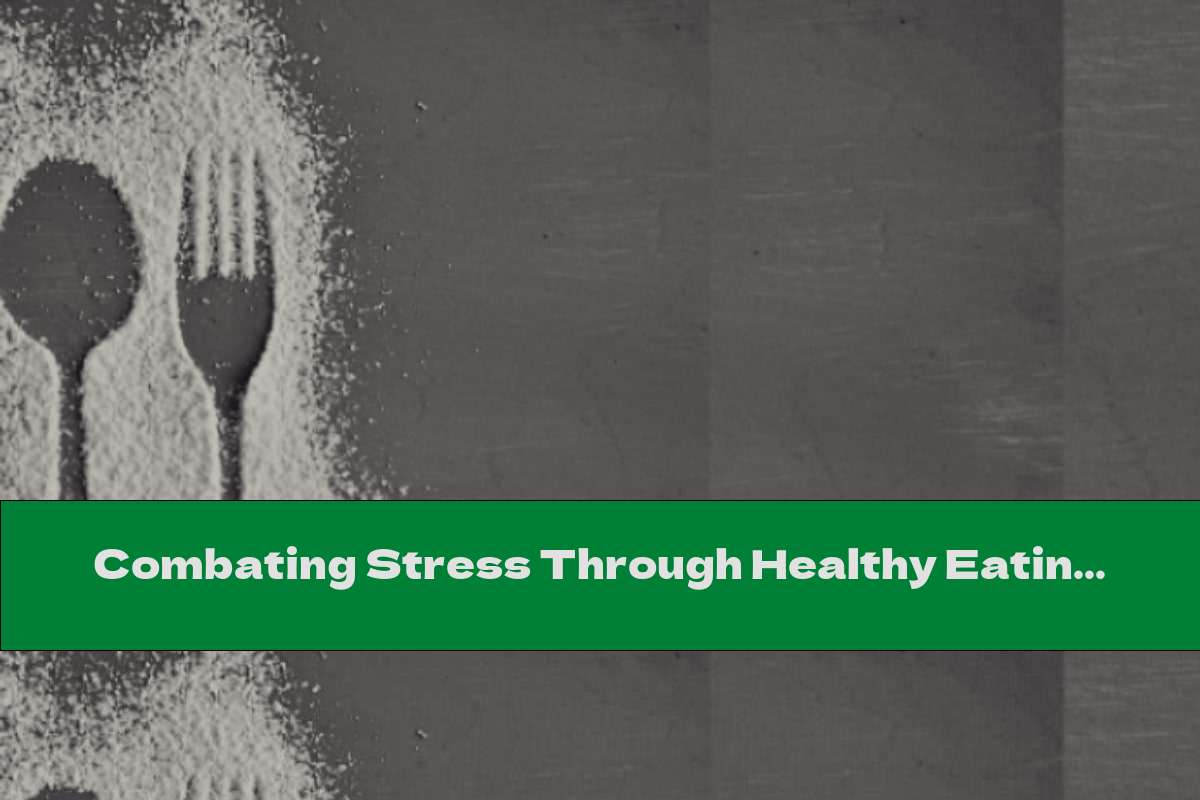Combating Stress Through Healthy Eating Habits
 Author: Nia Rouseberg
Time for reading: ~1
minutes
Last Updated:
February 21, 2026
Author: Nia Rouseberg
Time for reading: ~1
minutes
Last Updated:
February 21, 2026

Stress and its effects Stress is a natural part of life that can’t be avoided, but it can be managed with the right tools and techniques. It can affect us both physically and mentally, so finding ways to manage stress is important in leading a more fulfilling and productive life. One way to reduce stress is by addressing our physical health through proper nutrition and engaging in healthy eating habits.
How to combat stress through healthy eating habits Eating a balanced diet is the first step in combating stress. Making sure to include fruits, vegetables, whole grains, nuts and seeds, low-fat dairy products and lean proteins such as fish and poultry will provide your body with key vitamins, minerals and antioxidants that can help fight off the effects of stress. Avoiding processed foods and sugary snacks will also be beneficial for reducing stress levels. Additionally, drinking plenty of water throughout the day is essential for staying properly hydrated and maintaining overall health.
Benefits of following a healthy diet Following a nutritious diet can have many positive benefits for mental health maintenance; it can improve moods, increase energy levels and reduce anxiety or depression. Eating nutritious food also helps to regulate the body’s hormone levels, which in turn can help keep stress levels in check.
Understanding your dietary needs Everyone is unique and has specific dietary needs; however, there are some basic nutritional guidelines that everyone should follow for optimal mental health. For example, eating regular meals throughout the day and avoiding overeating can help to regulate blood sugar levels and minimize any potential mood swings. Additionally, limiting caffeine intake can help sleep patterns become more consistent and prevent fatigue or restlessness.
The importance of proper nutrition for mental health maintenance Taking care of our physical health through proper nutrition is essential to maintaining a healthy lifestyle overall. Eating a balanced diet that includes plenty of fruits and vegetables along with lean proteins, whole grains and low-fat dairy products can help reduce stress levels, regulate hormone levels and improve overall mental health. Understanding our individual dietary needs is key to achieving a nutritious diet that works for us.
Resources on Healthy Eating Habits:
• Nutrition Guide for Mental Health: https://www.mentalhealthamerica.net/nutrition-guide
• Harvard Medical School: Eating Well to Fight Stress: https://www.health.harvard.edu/mind-and-mood/eating-well-to-fight-stress
• American Psychological Association: Nutrition and Mental Health: https://www.apa.org/helpcenter/nutrition
• National Institutes of Health: Diet, Exercise and Mental Health: https://www.ncbi.nlm.nih.gov/pmc/articles/PMC4932508/
• Centers for Disease Control and Prevention: Stress Management and Healthy Eating Habits: https://www.cdc.gov/stressmanagement/healthy_eating_habits.htm
Related Articles
- The Ultimate Guide to Hickory Smoked Bacon in Nutrition and Healthy Eating
- Nutritional Benefits of Fruit Skewers in Honey Syrup: A Delicious and Healthy Recipe
- Nutritional Benefits of Fruit Skewers in Honey Syrup: A Healthy and Delicious Snack
- The Nutritional Benefits of Salty Popcorn: A Healthy Snack Option
- The Nutritional Benefits of Popcorn: A Healthy Snack Option